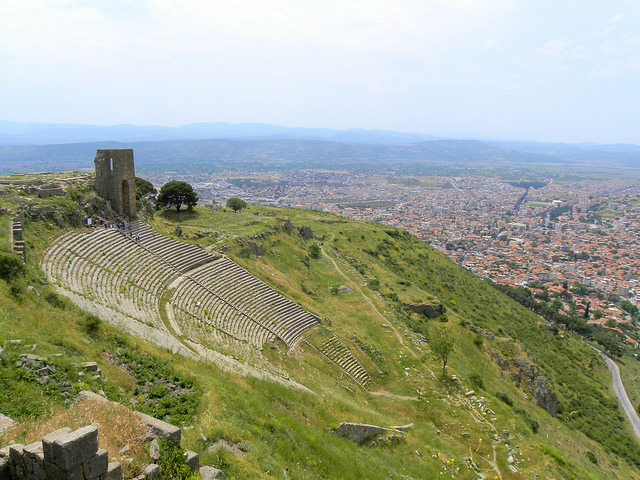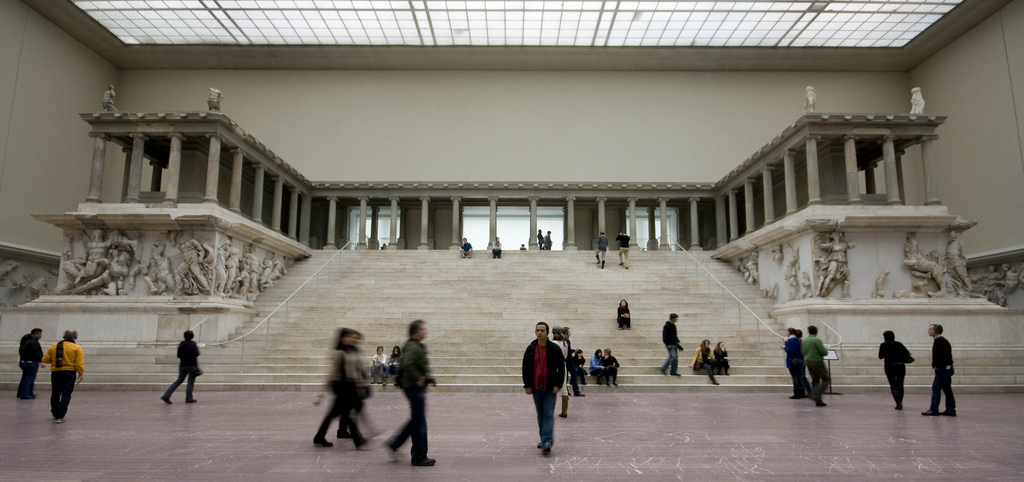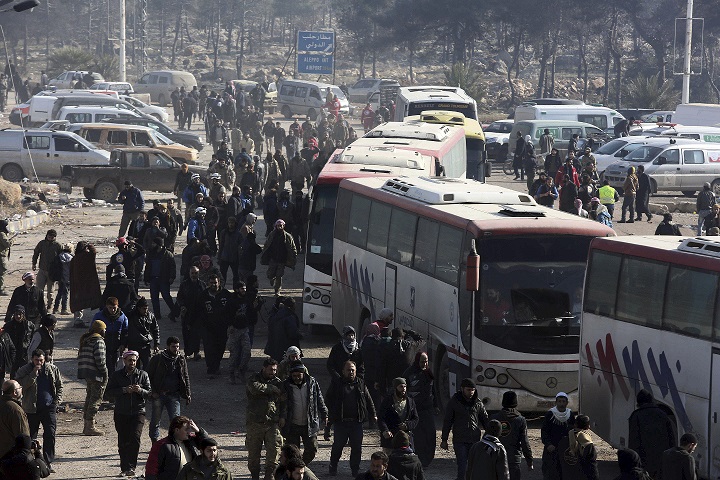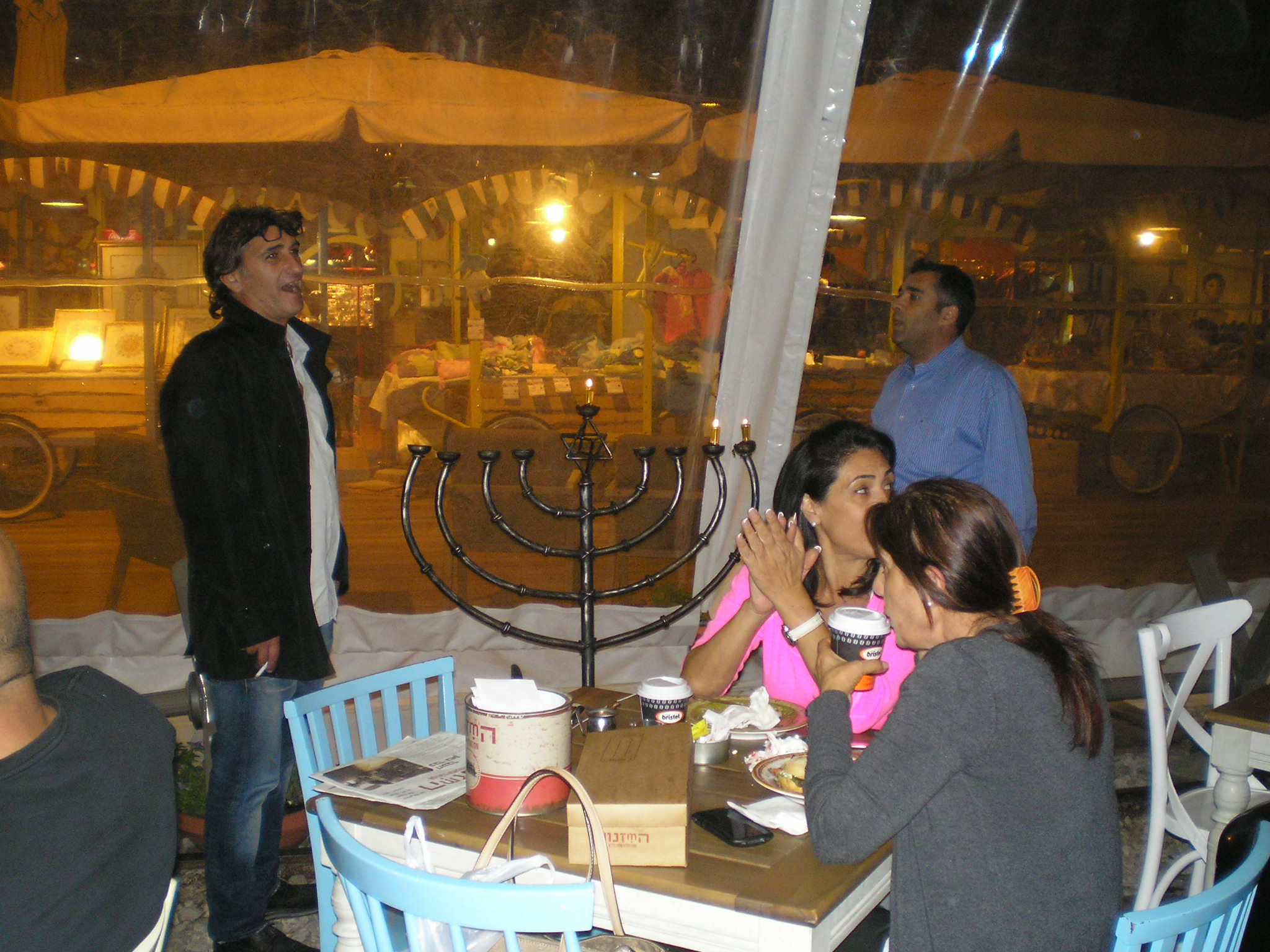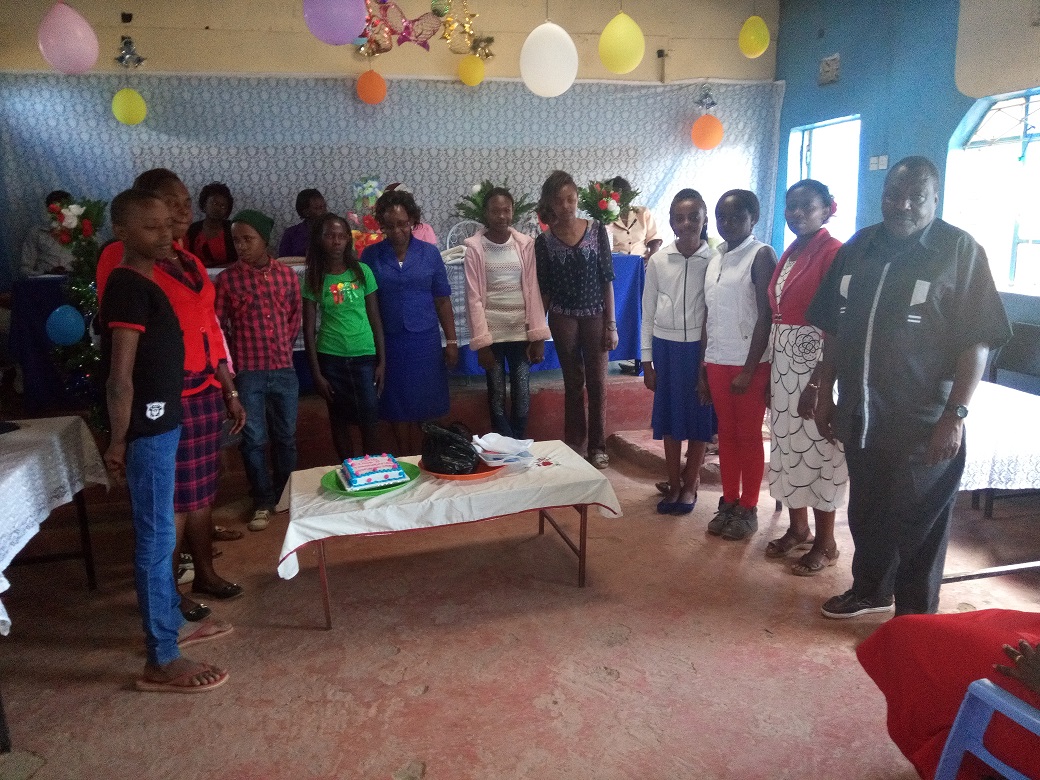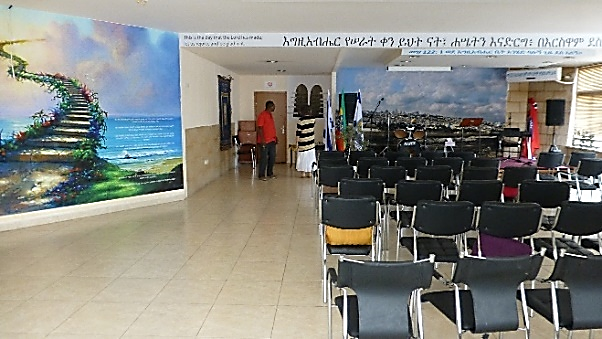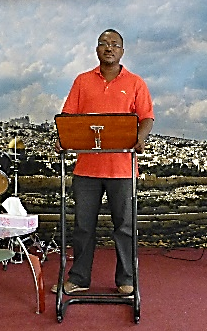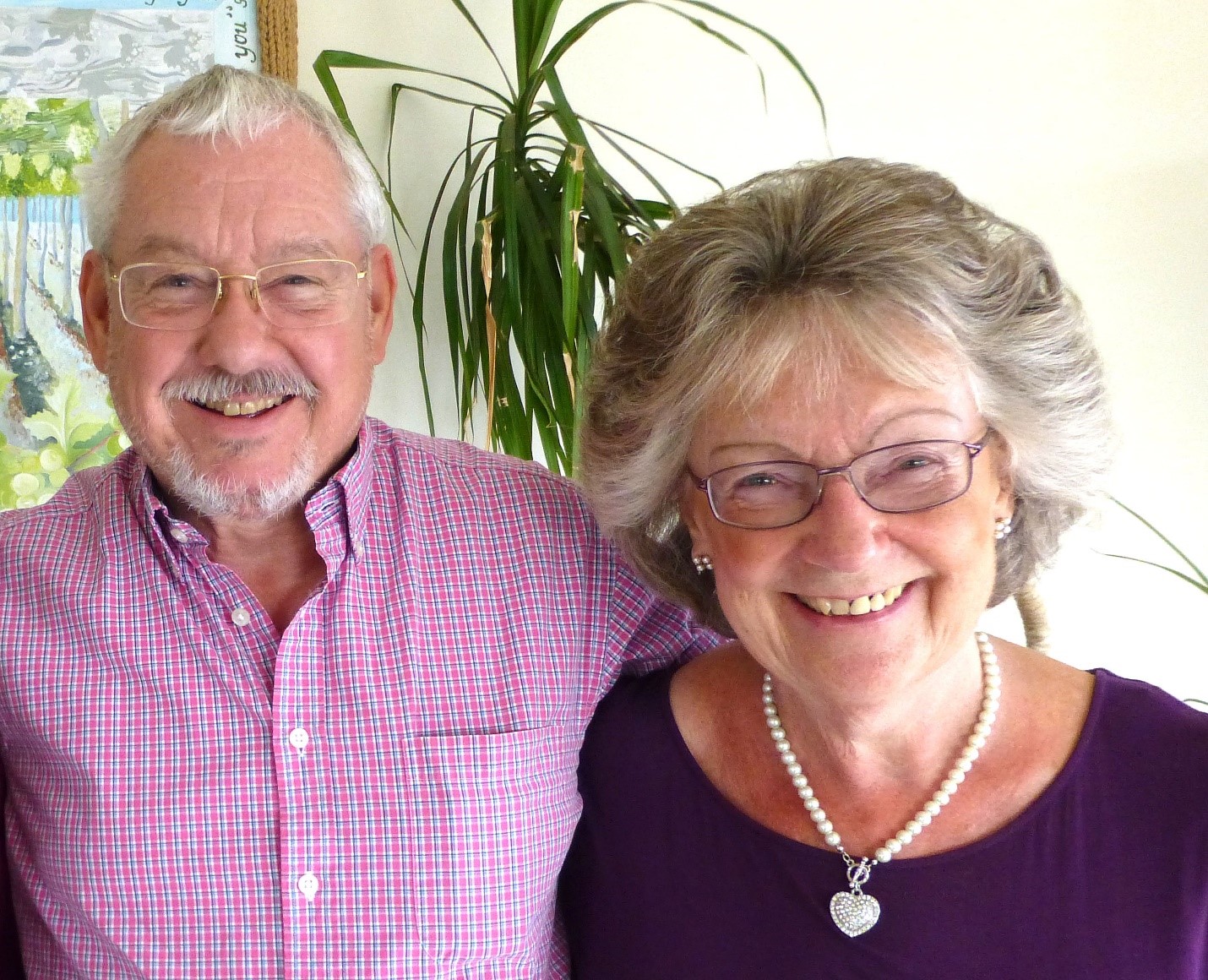Some time ago in a communal prayer meeting, I followed an urge to call out to God "Where are you?" Was I being a bit crazy? Of course God was there with us. The scriptures tell us that when two or more are gathered together in Jesus' name, our Lord will be in our midst. We all know that, but the root of my very vocal question was a yearning to experience a real knowing of my Heavenly Father's presence in close relationship, mixed with frustration that it was not so.
So here am I today, putting some thoughts down about the second phrase in The Lord's Prayer of Matthew 6:9: "...who art in Heaven". Is this the answer to my cry "Where are you?" Is this God's response to mankind's act of seeking Him, from right back in Genesis 4:26 when people began to call on the name of Adonai [Lord, master]?
The Luke 11 version of The Lord's Prayer is preceded by His disciples requesting of Jesus "Sir, teach us to pray". Or perhaps I could put it another way: "We can see, Jesus, that you have that personal, intimate relationship with God that we have only dreamed of. How can we find and build such a relationship, so that we can talk to Him and that He will hear us and respond?"
Where is Heaven?
Where is this Heaven where God our Father dwells? Jesus' hearers only had the Tanakh (Old Testament) part of the Bible to go to for guidance, so I've tried to put myself in their shoes and do the same.
In Genesis 1:1 God created the heavens (plural). Later, the description of Creation includes as the heavens: the sky in which birds fly and the dome over the sky with the sun, moon and stars. In Genesis 28:12 Jacob dreamed of a ladder between earth and Heaven with angels going up and down. Then suddenly Adonai was there next to him. We find in the Tanakh that the Heaven where God dwells is out of our reach, only to be glimpsed for a moment if at all, eternally and always above His Creation – but that God Himself is not necessarily locked away there, never to emerge.
So perhaps a better question to ask is "Where is God?" From the Psalms I find that the nearness of God is my good; He is at my right hand, God is near - near to all who call upon Him...in truth (Ps 16:8, 73:28, 119:151, 145:18). But then, Jeremiah tells me that Adonai can be near or far away, and Adonai says "Do I not fill Heaven and Earth?" (Jer 23:23-24).
Seeking God Wholeheartedly
During the week following my outburst, as I continued to ask God about this, I chanced upon an old note I had scribbled about finding God if I seek Him with all my heart. I sensed God's prompting to consider the children's game of Hide and Seek - perhaps childhood training for the real Hide and Seek of our lives, which is anything but a game. I discovered various Old and New Testament verses telling that a wholehearted search for God is necessary in order to find Him:
- Deuteronomy 4:29: "...from there [rock bottom] you will seek Adonai your God, and you will find Him if you search after Him with all your heart and being." (The Complete Jewish Bible)
- 2 Chronicles 15:2: "...the Lord is with you as long as you are with Him. If you seek Him, you will find Him; but if you abandon Him, He will abandon you!" (TCJB)
- Jeremiah 29:13: "When you seek me, you will find me, provided you seek for me wholeheartedly." (TCJB)
- Luke 15:8-10: the parable of a woman who loses one of her ten silver coins and clears her entire house until she finds it. Her passion for something she considered very precious drove her to set aside everything else to make the search.
- Matthew 13:44: "the Kingdom of Heaven is like treasure hidden in a field, which a man found and hid; and from joy over it he goes and sells all that he has, and buys the field." (TCJB)
- Matthew 13:45-46: "the Kingdom of Heaven is like a merchant seeking fine pearls, and upon finding one pearl of great value, he went and sold all he had, and bought it." (TCJB)
We learn from these verses and parables that it requires us to perceive something as excessively desirable to get us from seeking to obsession (read Song of Songs). God sees each of us as totally desirable to the extent that He is obsessed with us - to the point of doing the outrageous. He sacrificed His only Son (part of Himself) in our place to redeem us from our sins.
But, like the lovers in the Song of Songs, God wants us to see Him as totally desirable too. He wants us to become obsessed with Him, to the point of doing the outrageous and risky in our search for Him. And he has given us a clue to His whereabouts that should keep our eyes fixed ever upwards: "...who art in Heaven".
Author: John Quinlan


